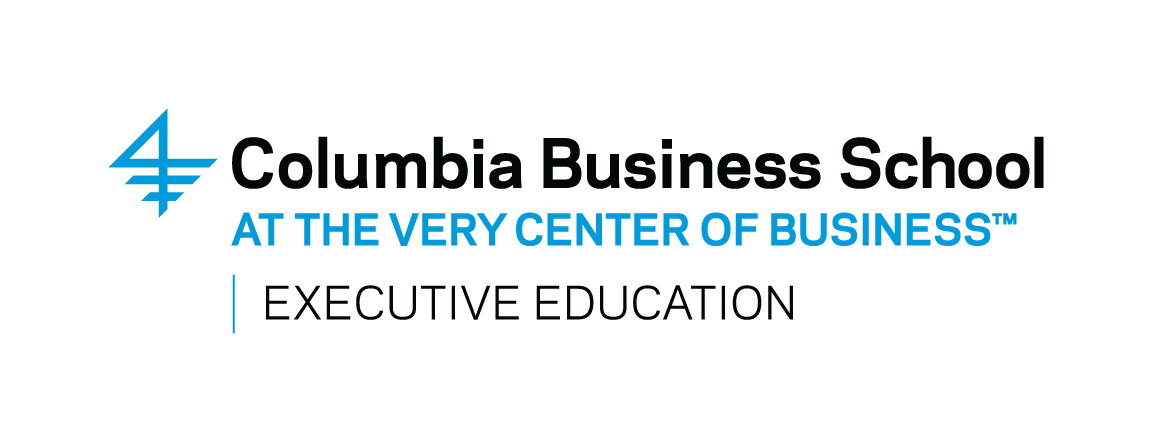- Innovation
Ideabanks: Networking for Choice
Using loose network ties to seek new ideas and innovative solutions to complex problems
Networking can often seem both daunting and aimless. You enter a room filled with people, knowing that most will not know anyone there, and yet everyone appears to be having earnest or entertaining conversations. You wonder what on earth they all have to say to each other.
The truth is probably that most of them are speaking to the one friendly face they know or recognize—and their conversation is likely only superficial. My research at Columbia Business School on choice and innovation lends itself to these situations and can give you a purposeful approach when you enter the room—and a valuable outcome for when you leave.
……………………………………………………………………………………………………………
This is one of a series of articles published in an inspiring eBook from Columbia Business School. To read all articles in this series…
Download the complimentary ‘Research for Action’ e-book here
……………………………………………………………………………………………………………
The Power of Weak Ties
Stanford Professor Mark Granovetter established the concept of the Power of Weak Ties back in the 1970s. Weak ties (people with whom you have only a passing acquaintanceship) and dormant ties (people with whom you are no longer in regular contact but who have been strong ties previously) have access to different networks and a greater diversity of thoughts and experiences than your strong ties are likely to provide. While Granovetter’s research has largely been used in connection with finding a new job, it also works powerfully for appraising new ideas and seeking solutions to complex problems and can be profitably used at networking events.
When you ask your colleagues, close friends, or family for feedback on an idea or solution that you’re considering, the suggestions you receive back are likely to be “tweaks” or marginal adaptations. That’s because they are drawing from the same context and perspective that you had when generating your idea. In other words, they are likely to think in a similar way to you.
To get a broader range of inputs and suggestions, you need to leave your “close ties” behind and seek out “looser ties”. This is where networking events can become interesting. You find yourself in a room full of people who you don’t know, and you have something purposeful to speak to them about. It is important not to overload these ties with too much information, but instead to propose the challenge and the potential solution in broad terms. Firstly, this will not submerge them in a torrent of information they won’t be expecting—or able—to process, and it will also allow them to respond in a more wide-ranging way, giving you more diverse feedback and insights.
Be open and transparent about what you are doing in gathering a range of opinions. That way, you will establish greater trust and enable more robust feedback.
This also has another advantage. Because people like to be asked for their advice and opinions, you may be able to build stronger ties through these kinds of conversation, achieving your networking goals more effectively, while you also make progress on a present challenge.
Establishing your Ideabank
The critical part of this search for feedback is to establish an “ideabank,” a store of ideas and solutions that you can draw from. Most of the ideas you receive, whether from close ties or loose ties, will not be applicable to your solution. But if just three out of ten ideas you receive seem worth further exploration, you’ll have significantly grown your pool of potential solutions. The ones you receive from your loose ties, moreover, will be coming from a broader and more diverse set of experiences than those from your strong ties, and have a greater probability of being more radical and transformative than any you would otherwise access.
Your ideabank is something you should be continually adding to and reviewing. Cross off bad ideas periodically and ask yourself what different combinations of the ideas in your “bank” might look like and how they could solve issues you face. The ideas you want to add to your ideabank are those that represent an improvement on the status quo. They might not be silver bullets, but if they are marginally better than what you currently have available to you, they can compound to give you significant performance improvement over time.
In reality, assessing whether ideas or other choices are valuable may not always lead to obvious conclusions, so it pays to let the idea distil for a short period in your mind before you discard it. You have to allow the new insights to get past the impulsive “feeling” phase of assessment to the more reflective “judgement” phase before you can be confident that you are making a sound choice. Before you are able to do any of this though, you must acquire the “loose tie” ideas in the first place—and networking events are a perfect ground to do so.
Columbia Business School is the only Ivy League institution that delivers a learning experience where academic excellence meets real-time exposure to the pulse of business in New York City.
ARTICLES YOU MIGHT LIKE
VIEWPOINT
Cognitive neuroscientist, Lynda Shaw, explains how to understand and support intrapreneurs
DEVELOPING LEADERS QUARTERLY MAGAZINE AND WEEKLY BRIEFING EMAILS


































